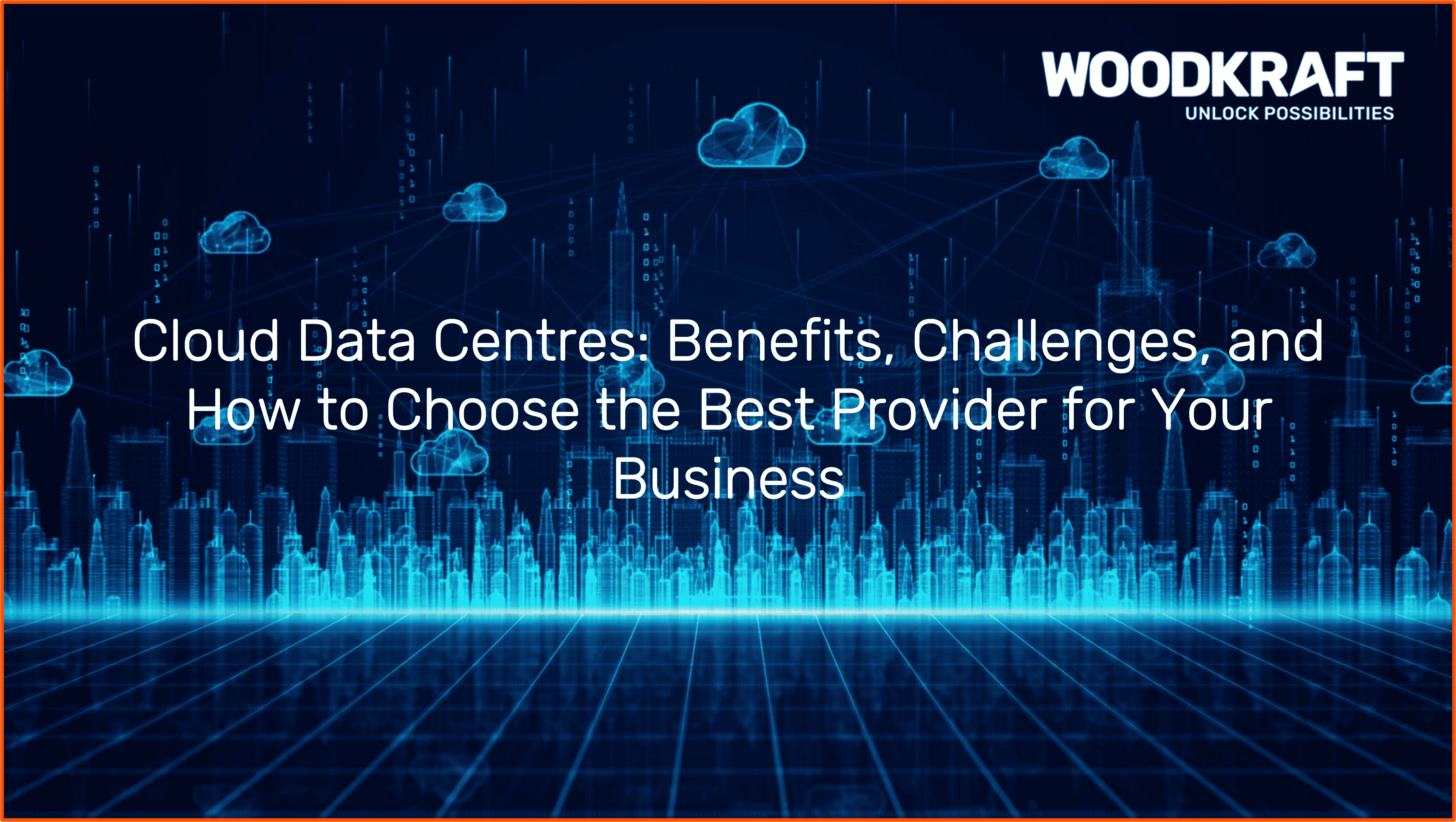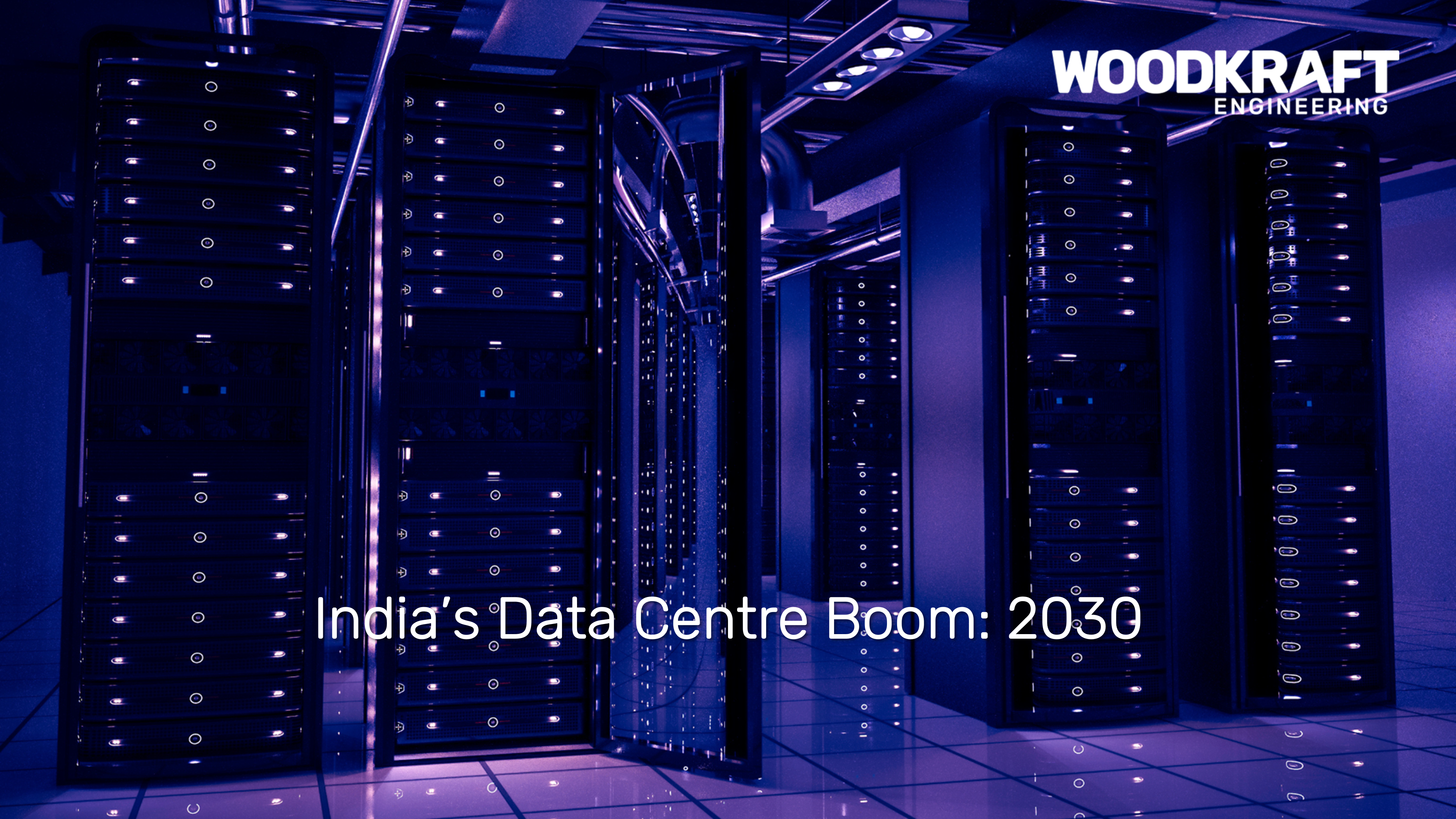DATA CENTRE
Cloud Data Centres: Benefits, Challenges, and How to Choose the Best Provider for Your Business
May, 2023
Cloud data centres are data centres that are owned and operated by cloud service providers such as Amazon Web Services (AWS), Google Cloud Platform (GCP), IBM Cloud (IBM), Microsoft Azure (MSFT), or Oracle Cloud Infrastructure (ORCL). These data centres provide shared IT infrastructure resources for multiple customers via an Internet connection.
Cloud data centres offer many benefits for businesses that need to store, process, and manage large amounts of data. Some of these benefits are:
- Scalability: Cloud data centres can scale up or down on demand to support fluctuating workloads and data volumes. You only pay for the resources you use and avoid overprovisioning or underutilization.
- Flexibility: Cloud data centres can offer a variety of services, such as storage, compute, networking, databases, analytics, artificial intelligence, etc. You can choose the services that suit your needs and preferences and customize them as needed.
- Cost-efficiency: Cloud data centres can reduce the capital and operational expenses of owning and maintaining your own data centre. You don’t have to invest in servers, storage devices, networking equipment, power, cooling, security, etc. You also save on labor costs, as the cloud service provider handles the administration, monitoring, and management of the infrastructure.
- Accessibility: Cloud data centres can enable you to access your data and applications from anywhere with an Internet connection. You can also collaborate with other users and share data across different locations and devices.
- Innovation: Cloud data centres can provide you with access to the latest technologies and innovations in cloud computing, such as big data, machine learning, artificial intelligence, etc. You can leverage these technologies to gain insights, predictions, recommendations, automation, and innovation for your business.
However, cloud data centres also pose some challenges that you need to consider before moving your data to the cloud. Some of these challenges are:
- Security and Privacy: Cloud data centres involve storing your data on remote servers that are owned and controlled by a third-party provider. This means you have less control over who can access your data and how it is protected. You also have to comply with any relevant regulations or standards regarding information security and privacy, such as the European Union General Data Protection Regulation (GDPR) or the U.S. Health Insurance Portability and Accountability Act (HIPAA).
- Performance and Reliability: Cloud data centres depend on the Internet connection to deliver your data and applications. This means you may experience latency, downtime, or disruption due to network issues or outages. You also have to trust that the cloud service provider can provide high availability and redundancy for your data and applications.
- Integration and Compatibility: Cloud data centres may not be compatible or interoperable with your existing IT infrastructure or applications. You may have to modify or migrate your legacy systems or applications to work with the cloud services. You may also have to integrate different cloud services or providers to achieve your desired functionality or performance.
- Vendor Lock-in: Cloud data centres may make you dependent on a single cloud service provider or a specific set of cloud services. This may limit your flexibility and choice in the future if you want to switch providers or services. You may also face challenges in migrating your data or applications from one provider or service to another.
Choosing the best cloud service provider for your data centre depends on various factors such as your business goals, requirements, budget, and preferences. You may also opt for a hybrid or multi-cloud approach that combines different cloud service providers or services to optimize your IT environment.
Some of the factors that you should consider when choosing a cloud service provider are:
- Services offered: You should compare the range and quality of services offered by different cloud service providers and see which ones match your needs and expectations. You should also check the features, functions, and capabilities of each service and how they can benefit your business.
- Pricing model: You should compare the pricing models and rates of different cloud service providers and see which ones fit your budget and preferences. You should also check the billing methods, payment options, and discounts or incentives offered by each provider.
- Security and compliance: You should compare the security and compliance measures taken by different cloud service providers and see which ones meet your standards and regulations. You should also check the encryption, authentication, authorization, and auditing methods used by each provider and how they protect your data and privacy.
- Performance and reliability: You should compare the performance and reliability levels of different cloud service providers and see which ones meet your expectations and requirements. You should also check the availability, scalability, redundancy, and backup methods used by each provider and how they ensure your data and applications are always accessible and functional.
- Support and service level agreement (SLA): You should compare the support and service level agreement (SLA) terms of different cloud service providers and see which ones meet your needs and preferences. You should also check the customer service, technical support, and maintenance methods offered by each provider and how they handle any issues or problems that may arise.
- Reputation and reviews: You should compare the reputation and reviews of different cloud service providers and see which ones have a good track record and reputation in the market. You should also check the feedback, testimonials, and ratings from other customers and users who have used their services and how they rate their experience and satisfaction.
Cloud data centres are a powerful option for businesses that need to store, process, and manage large amounts of data. They offer many benefits such as scalability, flexibility, cost-efficiency, accessibility, and innovation. However, they also pose some challenges such as security and privacy, performance and reliability, integration and compatibility, and vendor lock-in. Choosing the best cloud service provider for your data centre depends on various factors such as your business goals, requirements, budget, and preferences. You may also opt for a hybrid or multi-cloud approach that combines different cloud service providers or services to optimize your IT environment.
Stay tuned for the next article in this series to learn how to optimize your data centre's performance, security, and efficiency with modern technologies and best practices. Our experts will share valuable insights and actionable tips to help you get the most out of your data centre investment.
Previous Article in the Data Centre Knowledge Series:
Building the Perfect Data Centre: Tips for Meeting Your Needs and Budget
Next Article in the Data Centre Knowledge Series:
Follow Woodkraft on LinkedIn for the latest updates and inspiring workspace solutions.
Click: Woodkraft (India) Private Limited | LinkedIn
Visit out Blogs






